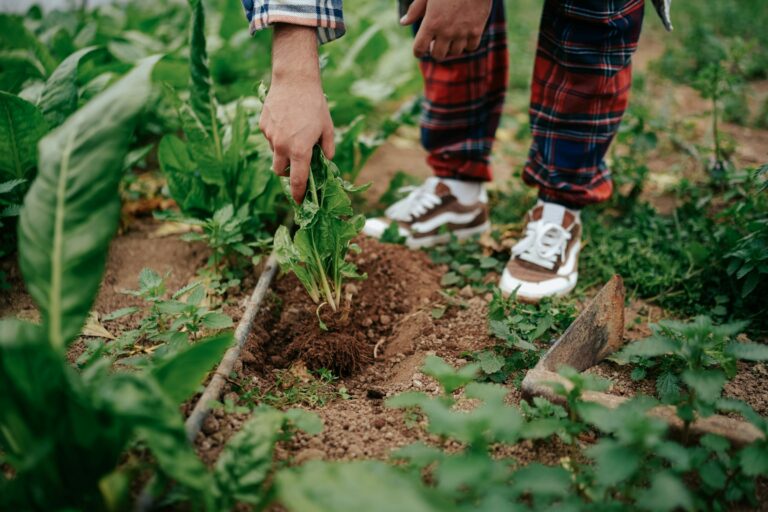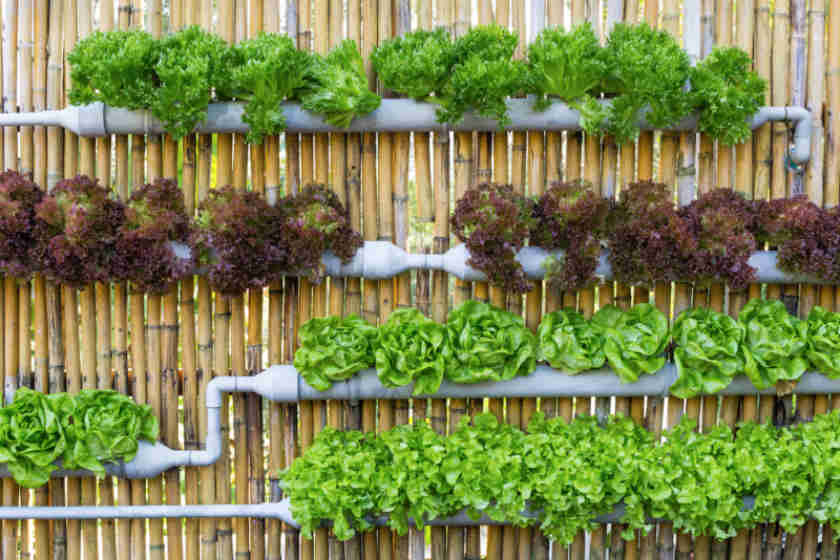In an era where environmental sustainability is of paramount importance, sustainable gardening practices have emerged as a beacon of hope for a greener future. Beyond just cultivating plants, sustainable gardening encompasses a holistic approach that minimizes environmental impact while maximizing benefits. Let’s delve into the myriad advantages of embracing sustainable gardening practices.
1. Environmental Conservation
One of the primary benefits of sustainable gardening is its positive impact on the environment. By adopting methods such as composting, mulching, and water conservation, gardeners can significantly reduce their carbon footprint. Sustainable gardening also promotes biodiversity by creating habitats for beneficial insects, birds, and other wildlife, thus contributing to the overall health of ecosystems.
2. Resource Efficiency
Sustainable gardening prioritizes the efficient use of resources such as water, soil, and energy. Techniques like drip irrigation and rainwater harvesting help conserve water, while soil conservation practices like crop rotation and cover cropping maintain soil health and fertility. Additionally, using organic fertilizers and natural pest control methods minimizes reliance on synthetic chemicals, reducing pollution and promoting a more balanced ecosystem.
3. Improved Food Quality
Growing your own fruits, vegetables, and herbs through sustainable gardening ensures access to fresh, nutritious produce free from harmful pesticides and chemicals. By avoiding the use of synthetic inputs, sustainable gardeners can enjoy healthier and tastier crops while promoting food safety and security within their communities.
4. Mental and Physical Well-being
Engaging in sustainable gardening has been shown to have numerous benefits for mental and physical health. Spending time outdoors, connecting with nature, and participating in physical activity like digging, planting, and weeding can reduce stress, anxiety, and depression. Moreover, nurturing plants and witnessing their growth fosters a sense of accomplishment and fulfillment, promoting overall well-being.
5. Community Building
Sustainable gardening has the power to bring people together and build stronger communities. Community gardens, shared allotments, and cooperative gardening projects provide opportunities for collaboration, knowledge sharing, and social interaction. By working collectively to cultivate and maintain green spaces, individuals can forge meaningful connections with their neighbors and contribute to the vitality of their communities.
6. Climate Resilience
In the face of climate change and extreme weather events, sustainable gardening practices offer resilience and adaptability. Techniques like soil amending, mulching, and planting native species help build resilient ecosystems capable of withstanding environmental challenges such as droughts, floods, and temperature fluctuations. By promoting biodiversity and enhancing ecosystem services, sustainable gardening plays a crucial role in mitigating the impacts of climate change.
7. Educational Opportunities
Sustainable gardening provides valuable educational opportunities for people of all ages. From teaching children about the life cycle of plants to demonstrating the principles of ecology and environmental stewardship, gardens serve as living classrooms where knowledge is cultivated through hands-on experience. By engaging in sustainable gardening practices, individuals can deepen their understanding of ecology, agriculture, and sustainable living while imparting valuable lessons to future generations.
Conclusion
As we strive to build a more sustainable and resilient world, sustainable gardening practices offer a path forward. By prioritizing environmental conservation, resource efficiency, and community engagement, sustainable gardeners can make meaningful contributions to both local and global efforts to create a greener, healthier planet. Whether you have a small backyard garden or participate in a community gardening initiative, embracing sustainable gardening practices is a rewarding journey towards a brighter future for generations to come.





